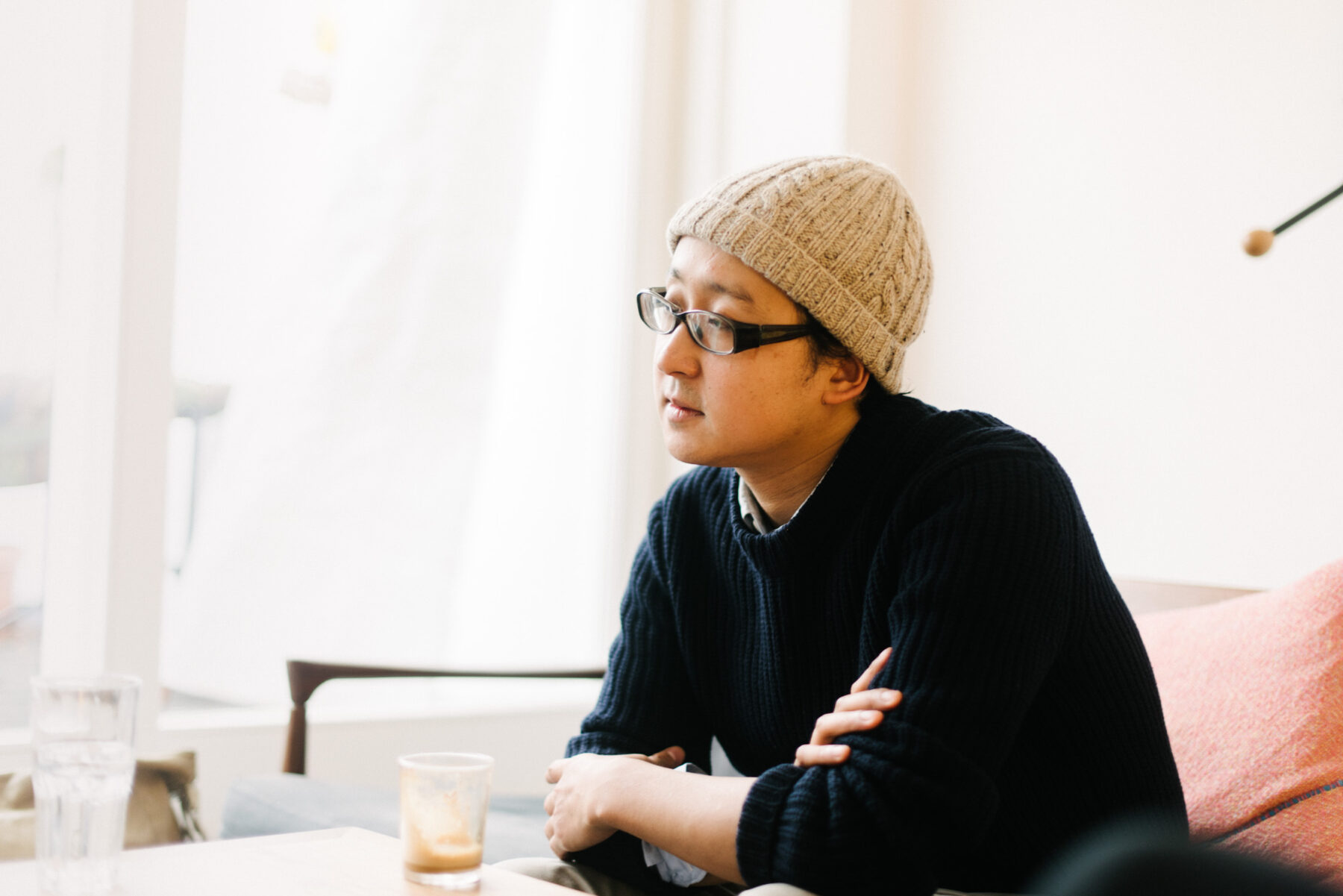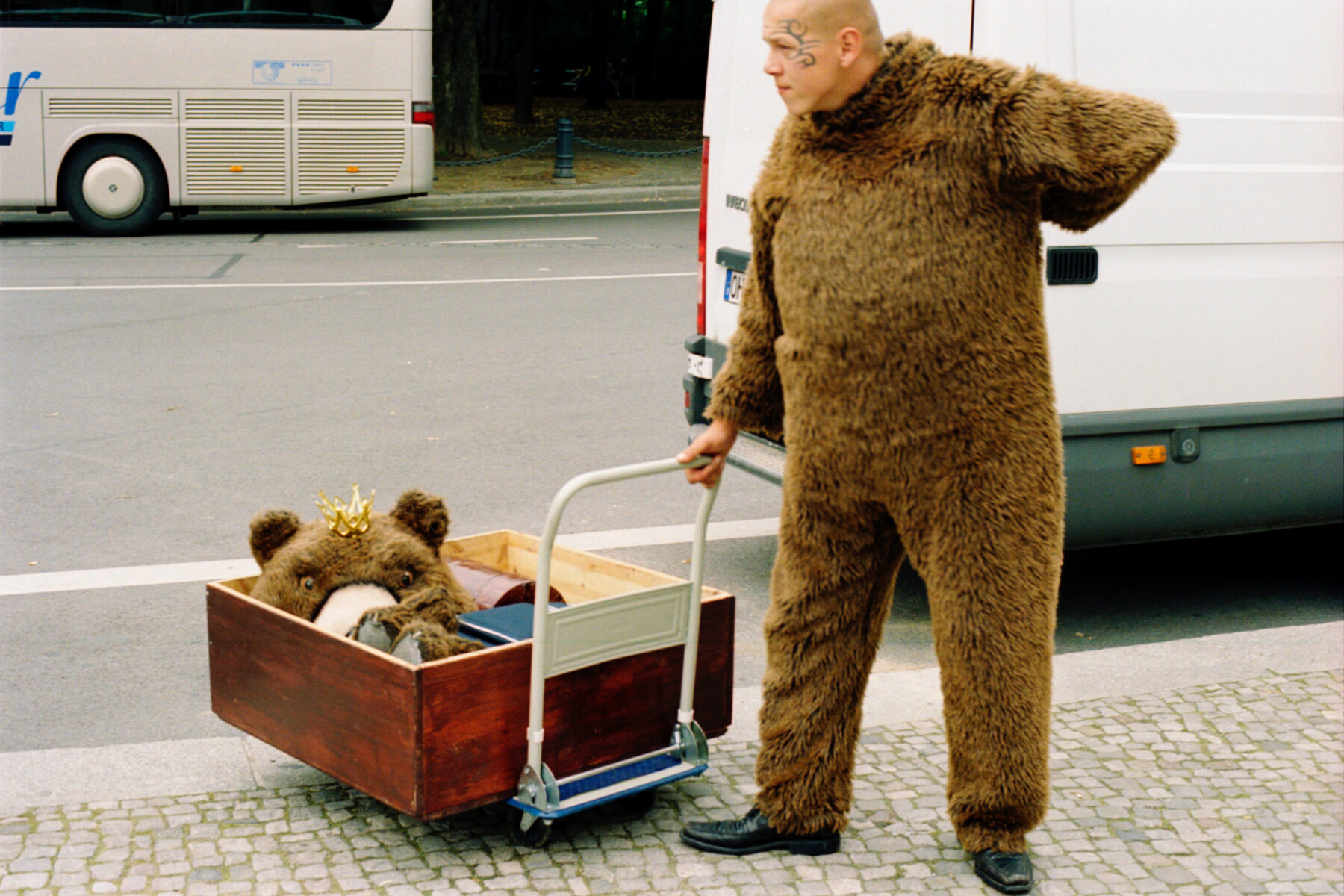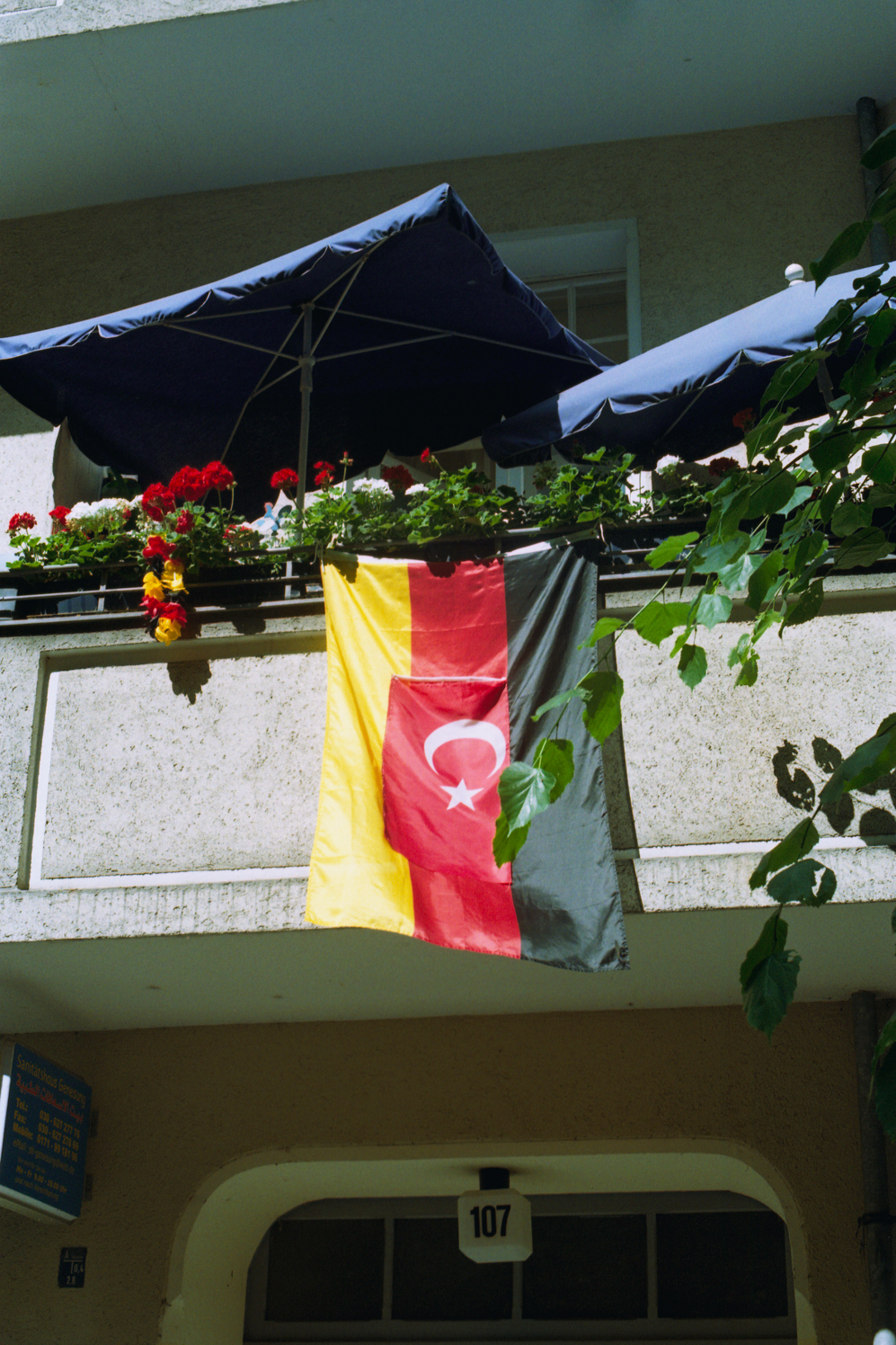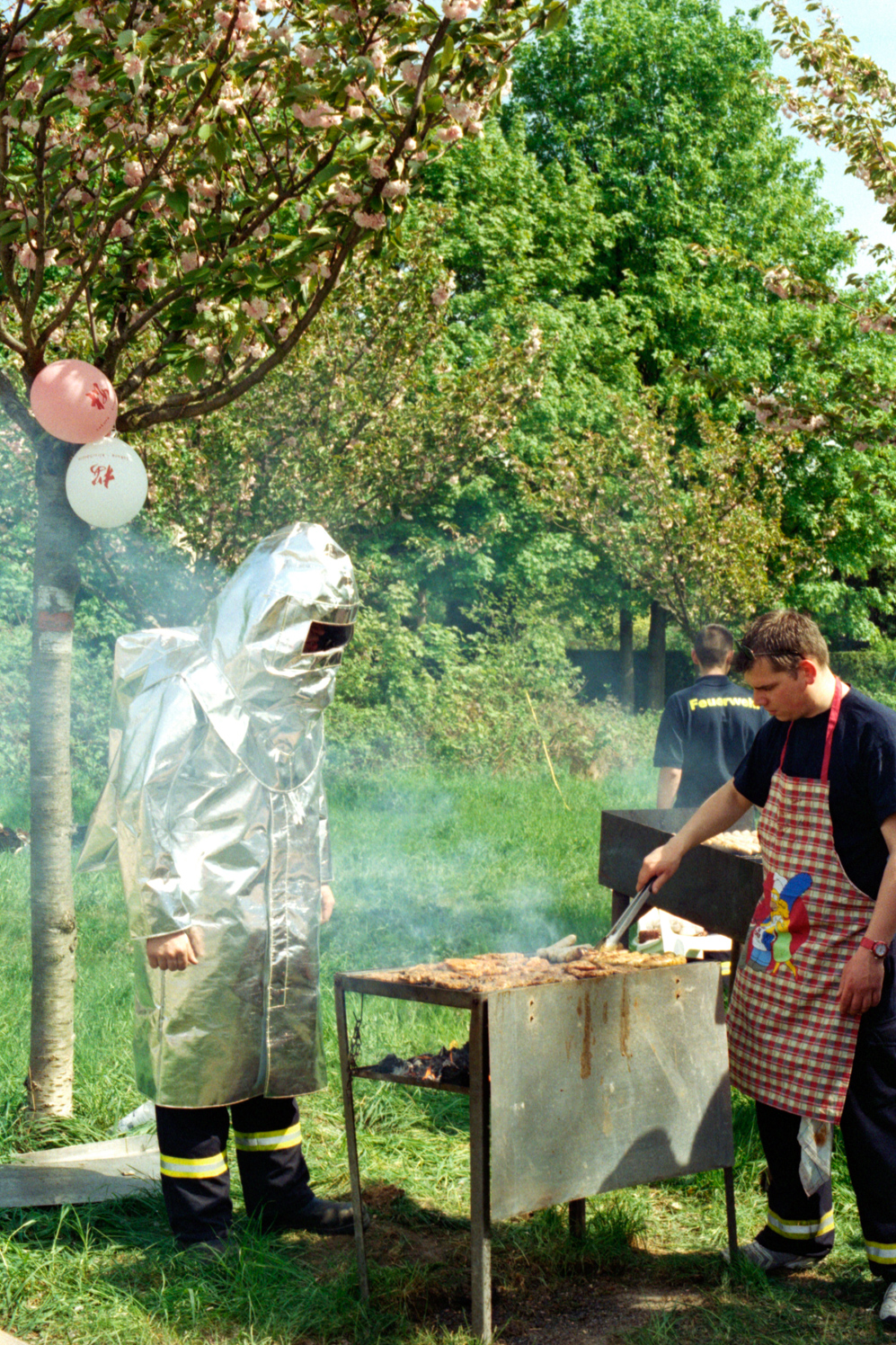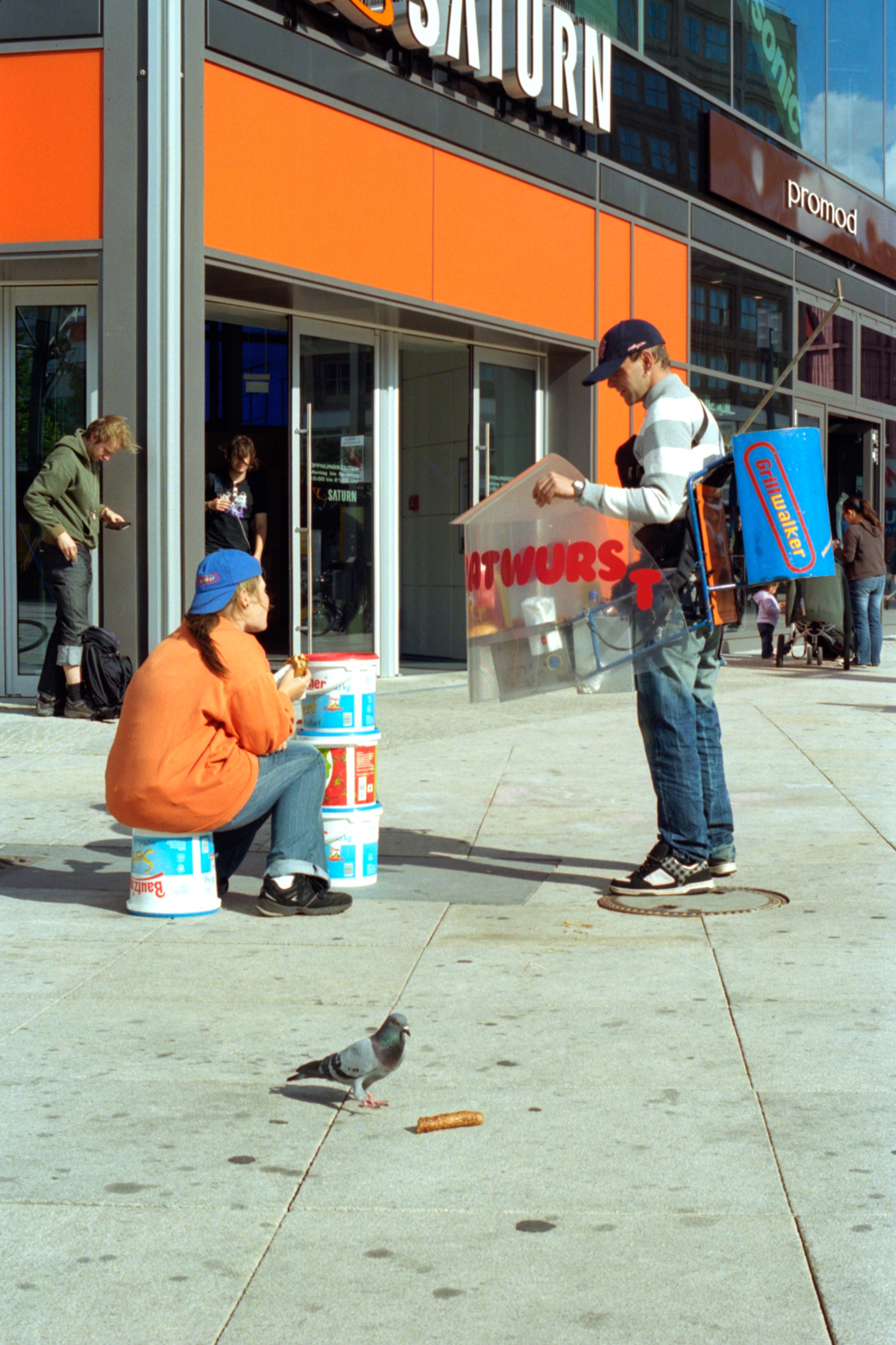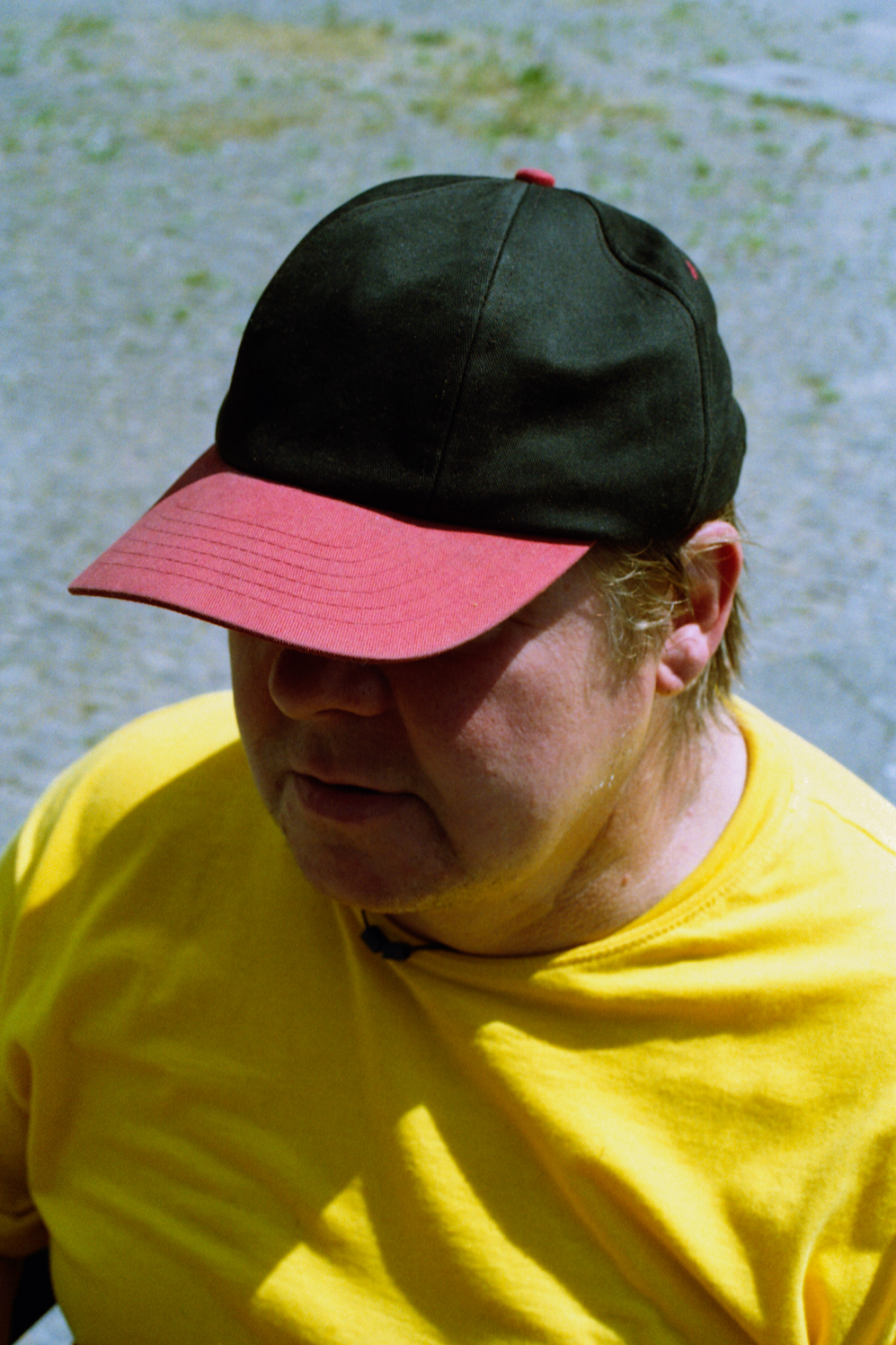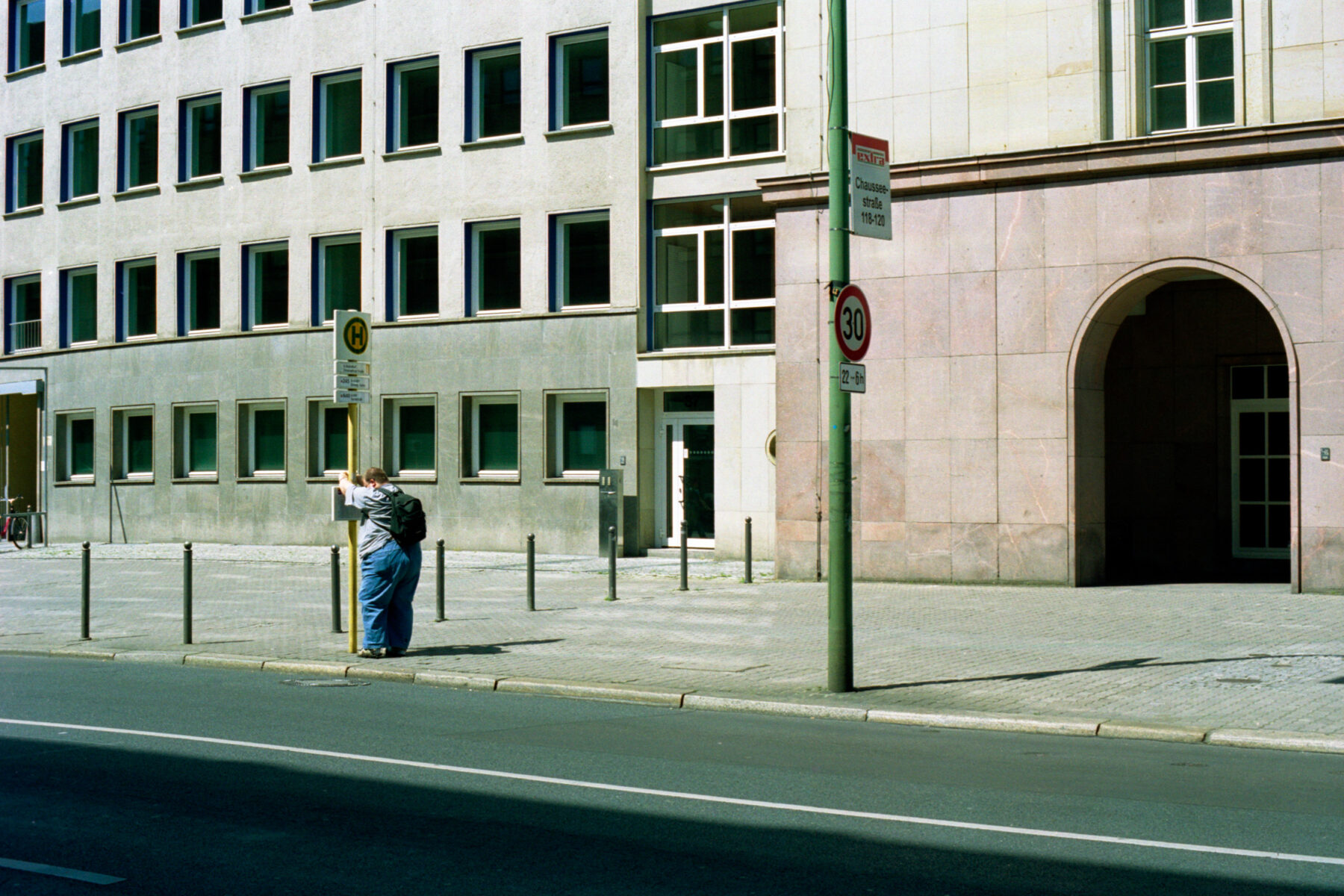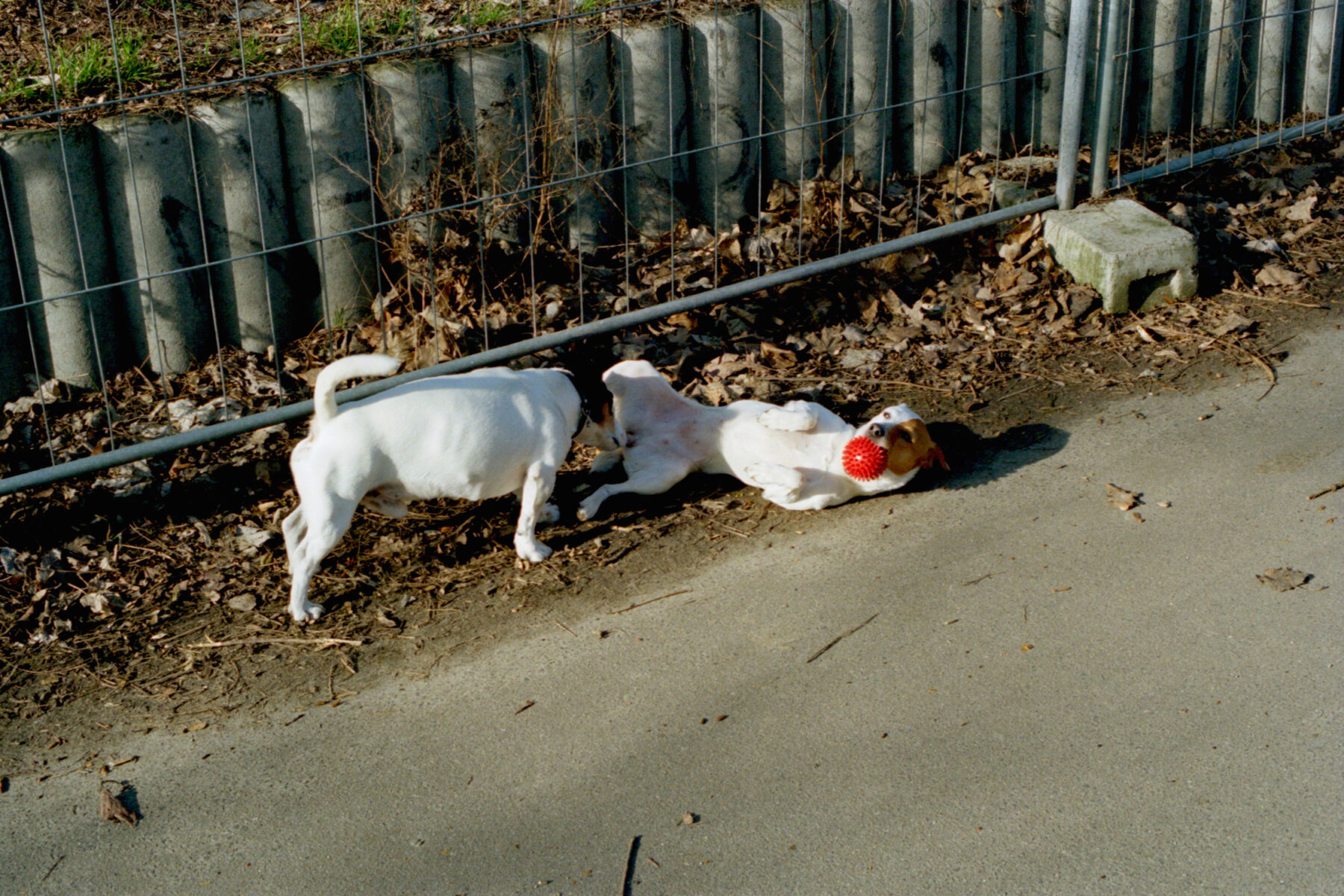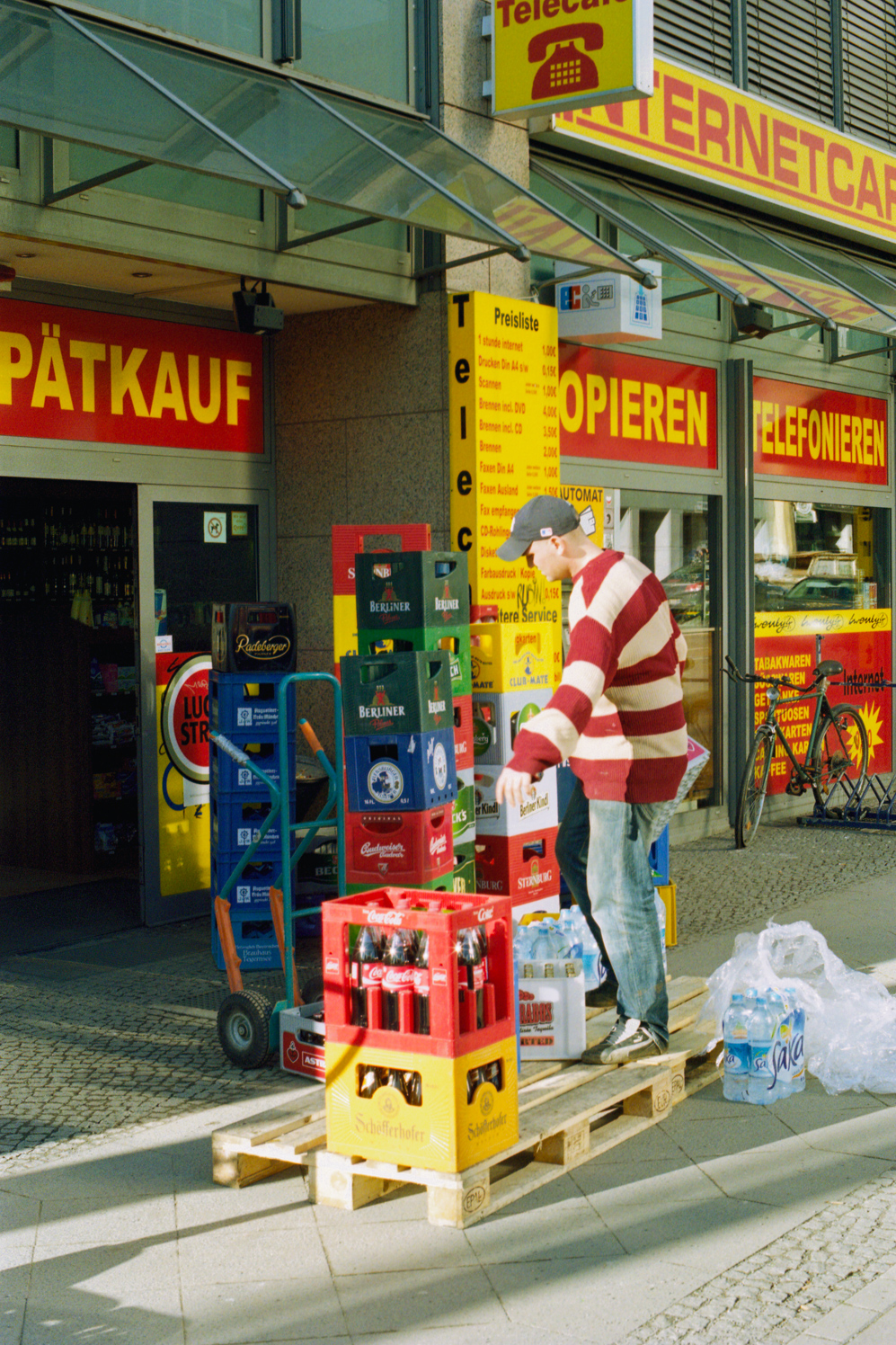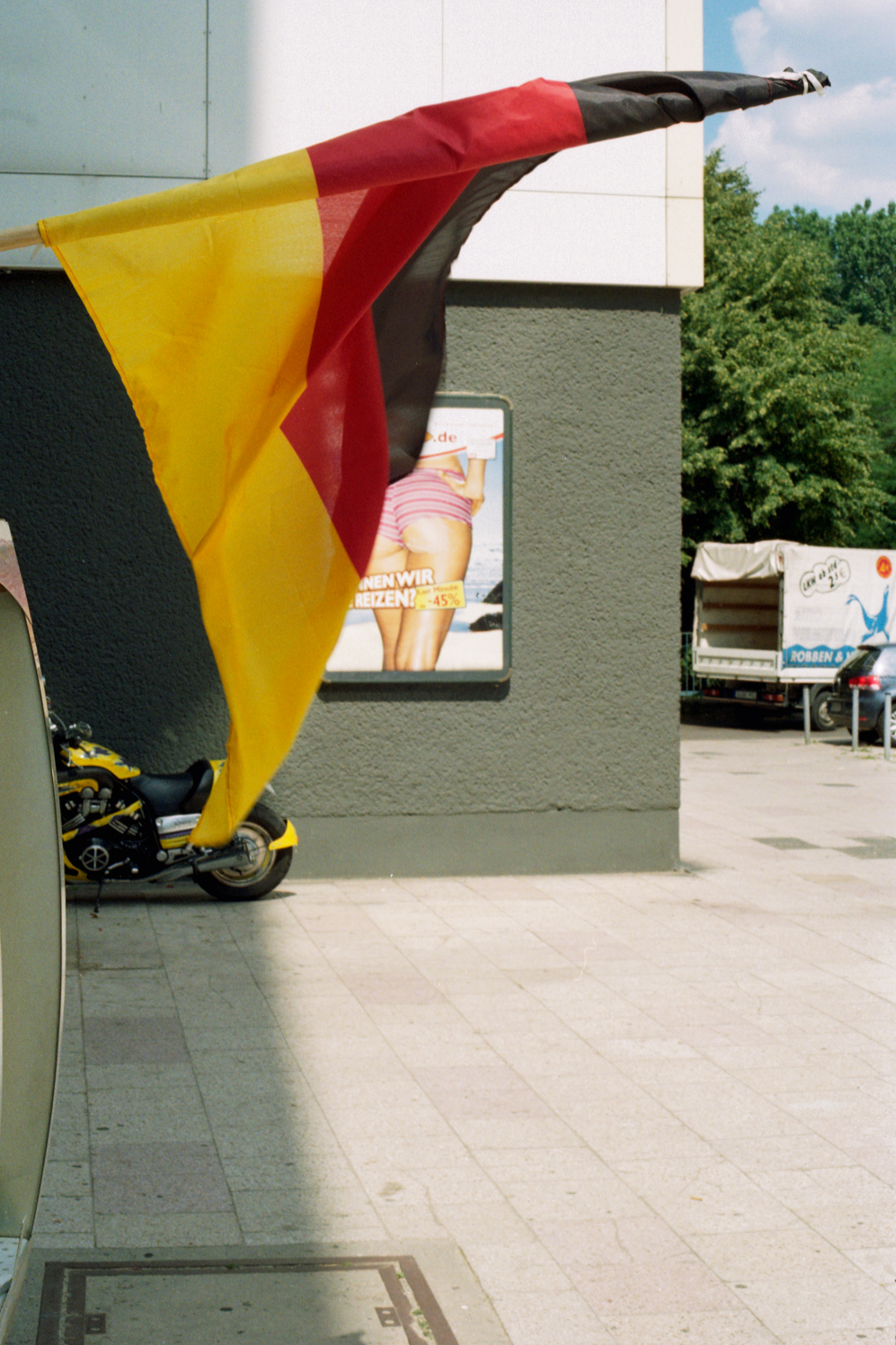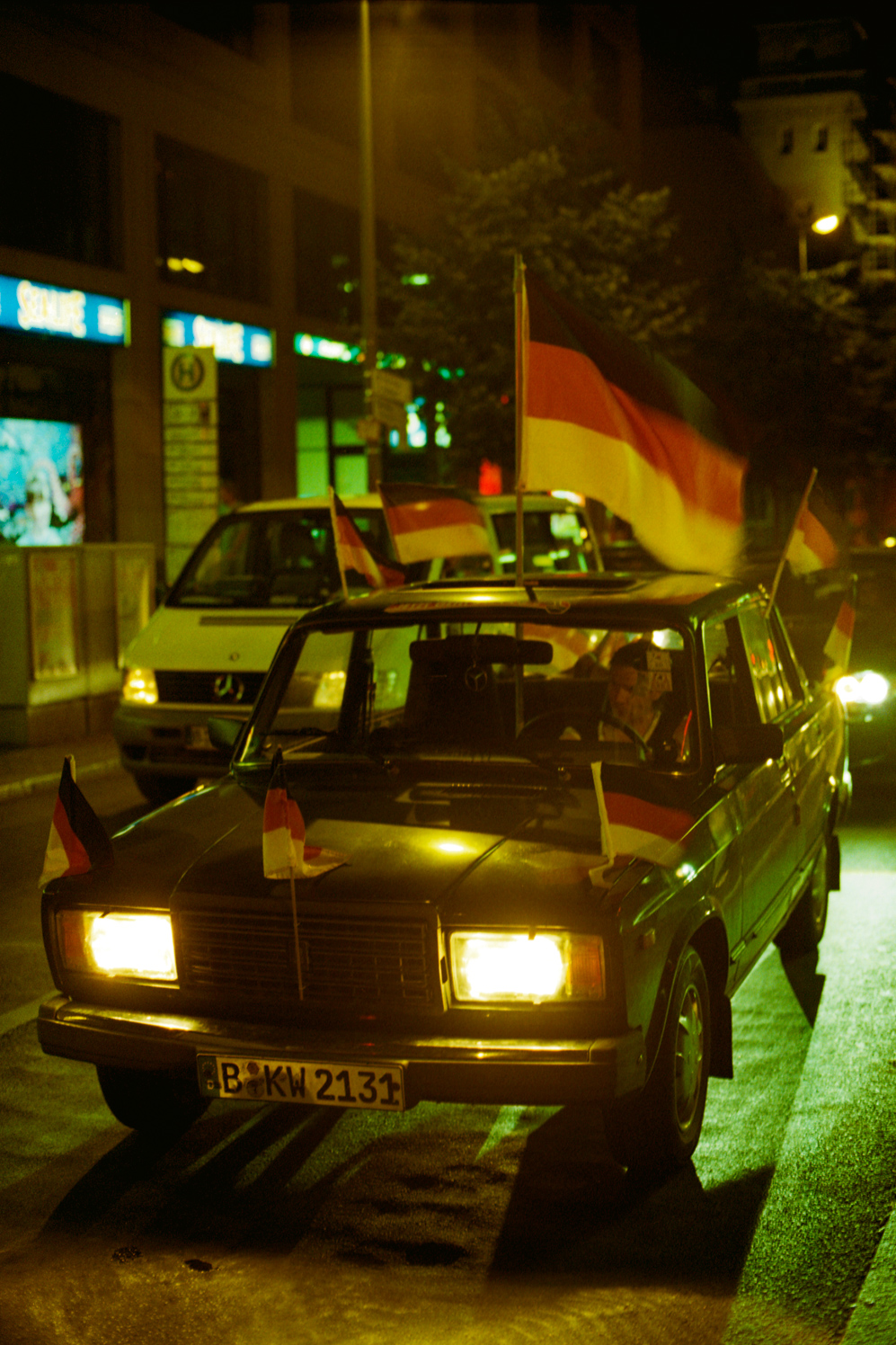Since relocating to Berlin in 2007, the Japanese expat and freelance photographer has continued to learn and adapt through his travels around Europe and the world. Armed with an adventurous spirit and an eagerness to work, Shinji’s powerful photography is moving, beautiful and always tells a good story.
With a background in Japanese perfectionism, he’s since adapted to a more narrative style. FvF has been working with Shinji for the past year and he’s shot some of our favorite stories. We’re lucky to work with him and hope to continue collaborating. Shinji is a contemplative man, taking nothing for granted and approaching things with a calm dedication that is also present in his work. His disarming nature draws out a relaxed quality in his subjects and we’re treated to some very natural portraits that exude humanity as a result. We spoke with him about his move to Berlin and his storied career as a photographer, shooting everything from football teams to Nobel Prize winners and a Japanese woodworker living in Brazil.
-
What does a typical work day look like for you?
There is no typical work day for me. Almost every day I’m shooting in a different place and I like that very much. But sometimes I’ll be editing photos in front of my computer at home, which I do not like as much.
-
What was your first big contract?
The first time I worked with Number, a Japanese Sports Magazine, in 2010. After the football World Cup in South Africa I went to France to shoot a football player. Number is the best Japanese sport mag. I had visited them in 2008 for a presentation but I had to wait two years until my first shoot. It was my first big contract as freelance photographer that I didn’t get from friends.
-
When did you come to Berlin?
Spring, 2007. Already 10 years ago. But I recently moved to Wedding, in the North of Berlin. The daily life in this new place sure is fascinating and there are still many things to discover.
-
Where do you draw inspiration from for your work?
Difficult question. We can never know what can be the source of inspiration or a concept. Sometimes it comes from images, sometimes it’s text, sometimes even from conversations.
Shinji shot the home and studio of photographer Mikio Hasui
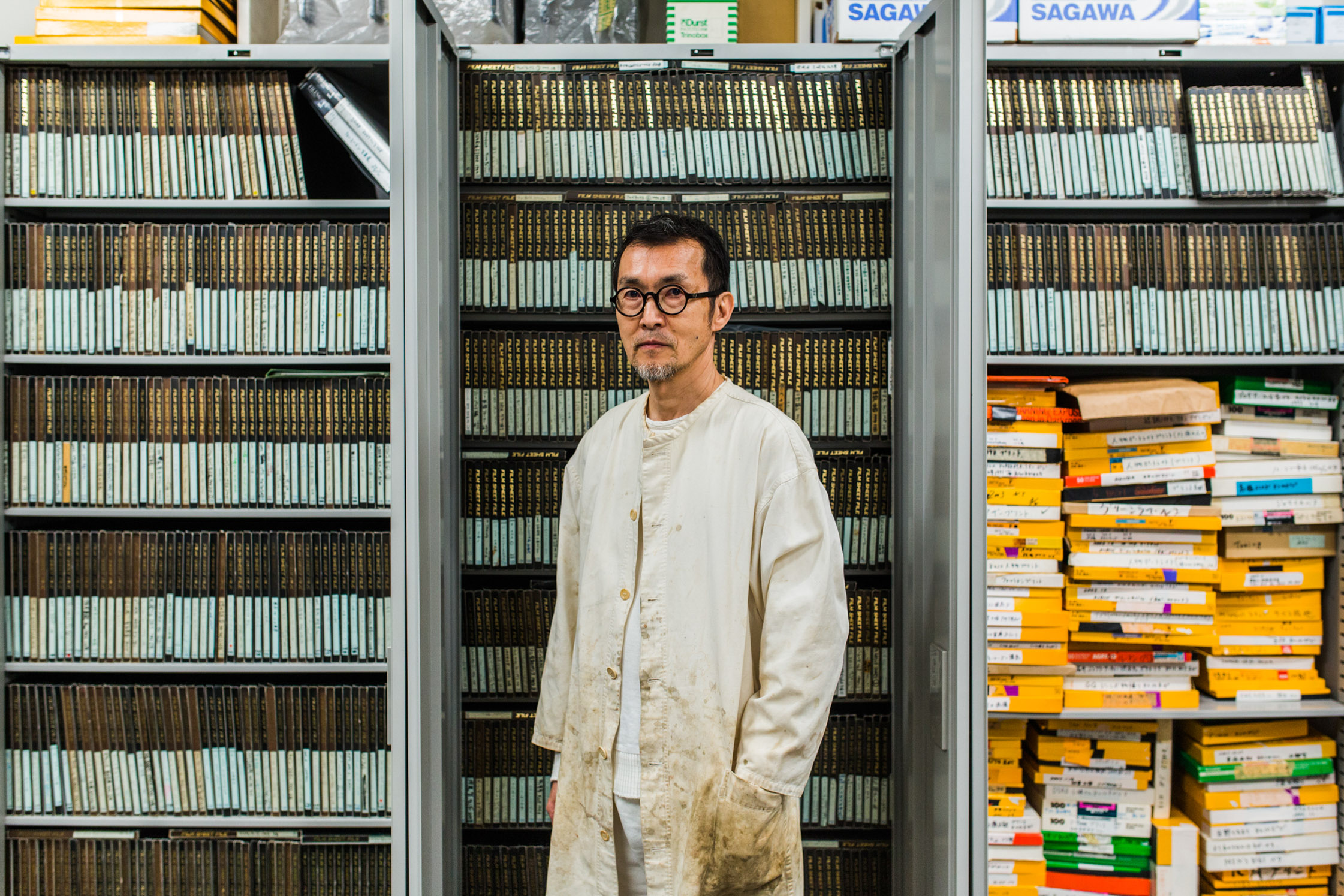
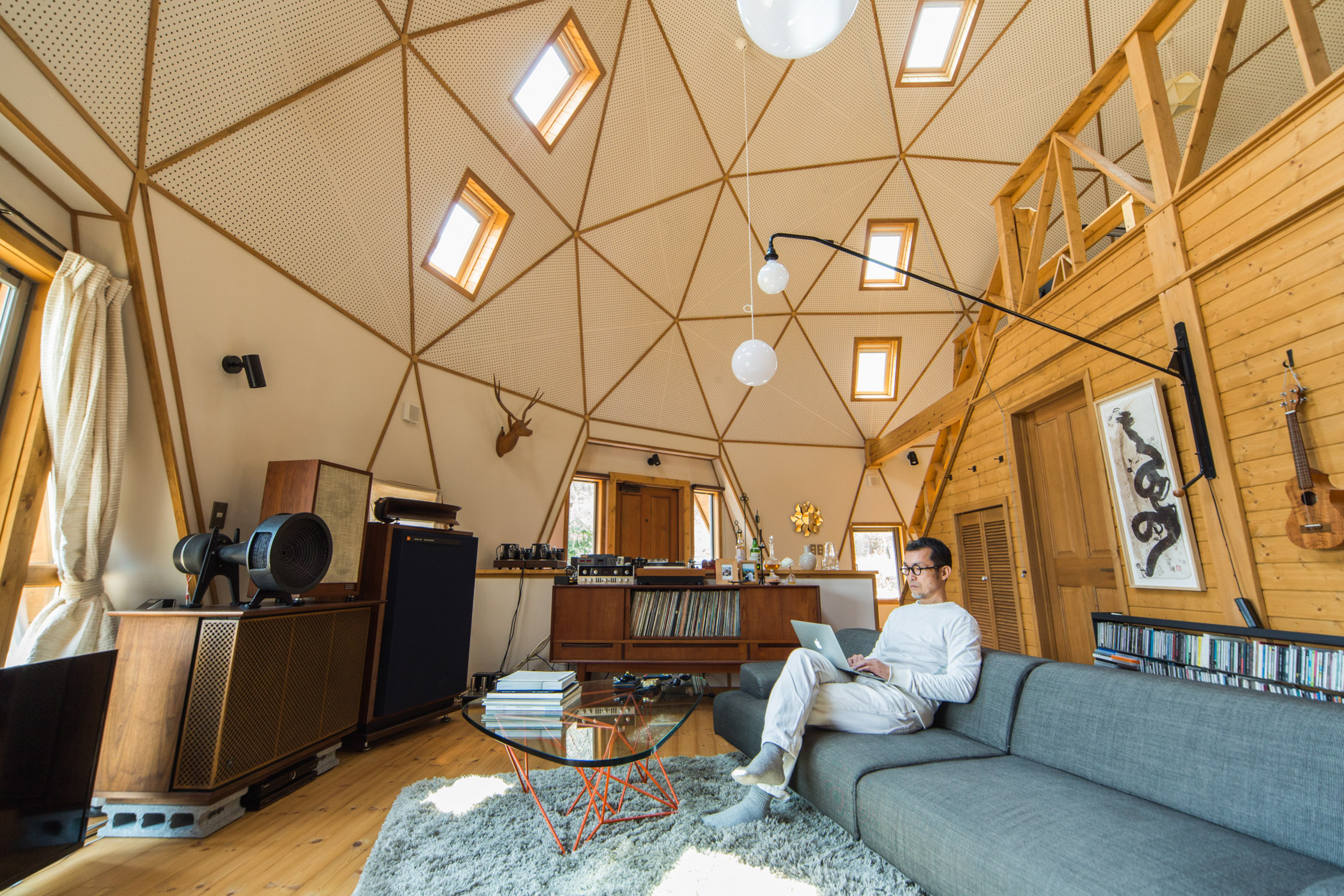
“People like me are difficult to describe.”
-
Tell us what you’re passionate about right now in your work.
Portrait photography is what I am most passionate about. For editorial there is often not so much time to shoot. In short, concentrated time I have to capture something which cannot be written from motive. That is the most difficult and interesting aspect of my work.
-
What trends or projects excite you?
Now I am working on story about a football team. It’s a project I can’t really speak about. Maybe exciting is not correct word for it. But now I am considering things about it – how can I tell the story in a meaningful and impressive way? Also the editorial work of famous photographers like Helmut Newton, Diane Arbus, and Walker Evans.
-
What have you done recently and what do you have planned?
I took a portrait of Svetlana Alexievich, who was awarded the Nobel Prize in Literature, for a Japanese newspaper. To hear her being interviewed while shooting was quite interesting. Aside from trying to be a good father, my plans aren’t really fixed at the moment though. I am always happy if anyone needs me or my photography. If the project is interesting for me, I would love to work or collaborate with anyone.
A selection of Shinji’s personal photography shot in and around Berlin
“After moving to Berlin I had to change my approach to photography all over again.”
-
Give us a bit of insight about your background; where were you born and how did you get started in photography?
I am from Japan, was born in Tokyo and raised in Urayasu City, one of Tokyo’s suburbs. Most of my school days were spent in this typical, small Japanese satellite town. After dropping out of university, I backpacked around, traveling from Shanghai to Istanbul. On the journey I was very interested in photography.
When I got back, I found a job at a commercial photo studio located in downtown Tokyo. It was quite lucky that I could work in a photo studio even though I didn’t study at an art university. And there were several nice people there with whom I am still in contact actually.
-
What is the most exciting story you’ve shot for FvF?
Morito Ebine is probably the most impressive. To get to his atelier, we had to travel two and a half hours by bus from Saõ Paulo and transfer at a bus stop that really did not look like a bus stop. The address of his atelier is also not like a usual address with a street name and number. It was somehow very difficult to figure out how to get there and my cellphone had no connection when I got off the bus. So I asked everyone for directions. Luckily, I met a man who had a car and even though I cannot speak Portuguese and he could not speak English, we somehow managed to communicate and he took me to Morito’s atelier.
When I shot Mr. Ebine, we had great conversation and it was also a great experience as a Japanese who also lives abroad. People like me are difficult to describe – those who leave their own country and live abroad, but are neither refugee or migrant. Many Japanese people are perhaps like me. They have a country to return to in case they don’t succeed or are homesick.
But then there’s Ebine, living there in this small Brazilian town with his incredibly down-to-earth business. In his 20 years in Brazil he only went back to Japan once, for a short time. He seems to love his very modest lifestyle. Now he not only employs local people but also educates many Brazilian people throughout the whole country. Even now I can’t understand how he grew to be such a respectable person. After meeting with Mr. Ebine, I had to rethink what it means for me to live in Berlin.
-
What have you learned since moving to Berlin?
When I came to Berlin, I gained a lot of experience from assisting commercial jobs, field work and working with Berlin’s best photographers. After that I had to change my approach to photography all over again. I learned many techniques from Japanese photographers, like how to produce a work as perfectly as possible. But something more important I learned from Berlin photographers – how a picture can be a fascinating story, even if it’s imperfect.
Shinji captured the home of Taipei-based curator Frank Huang
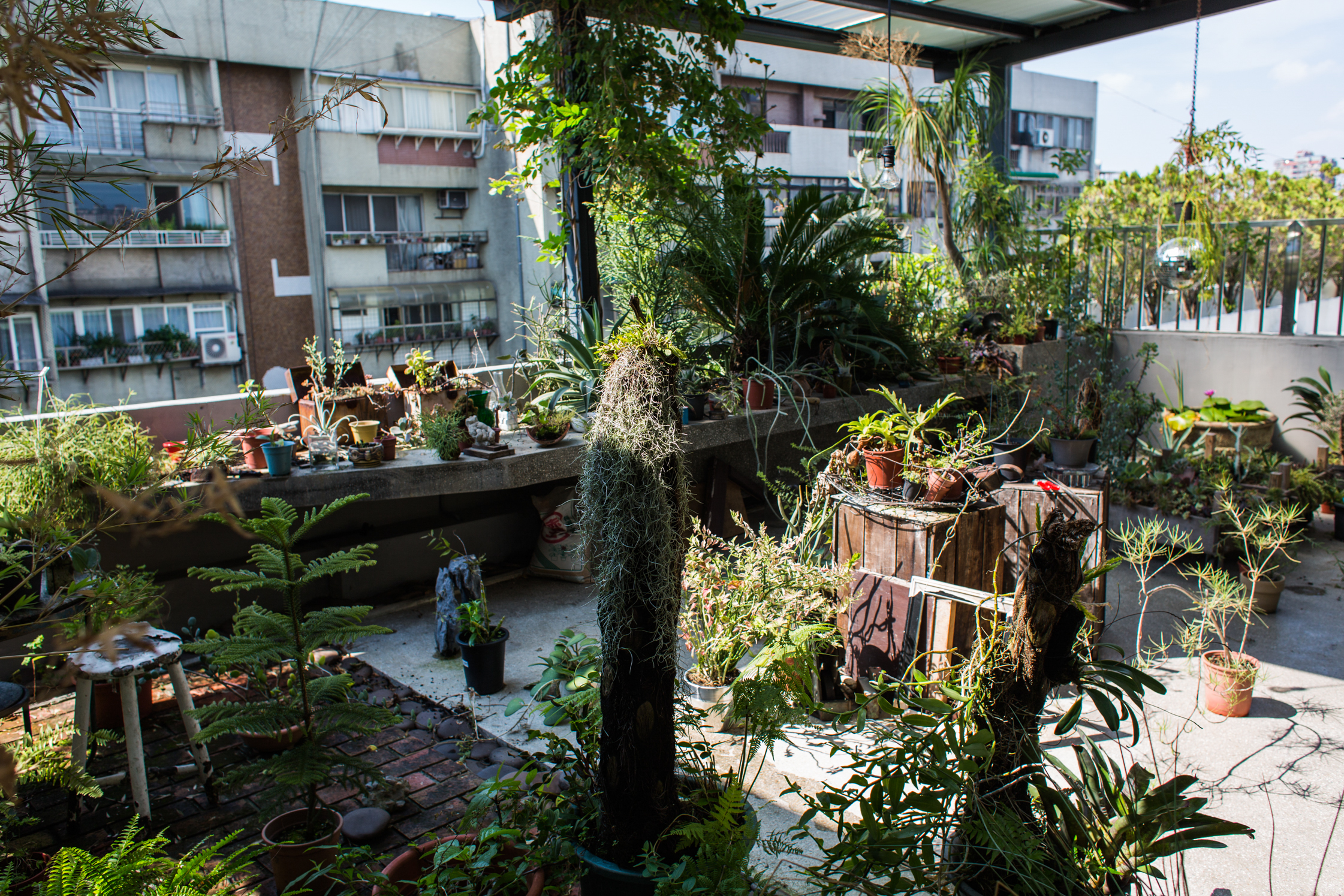
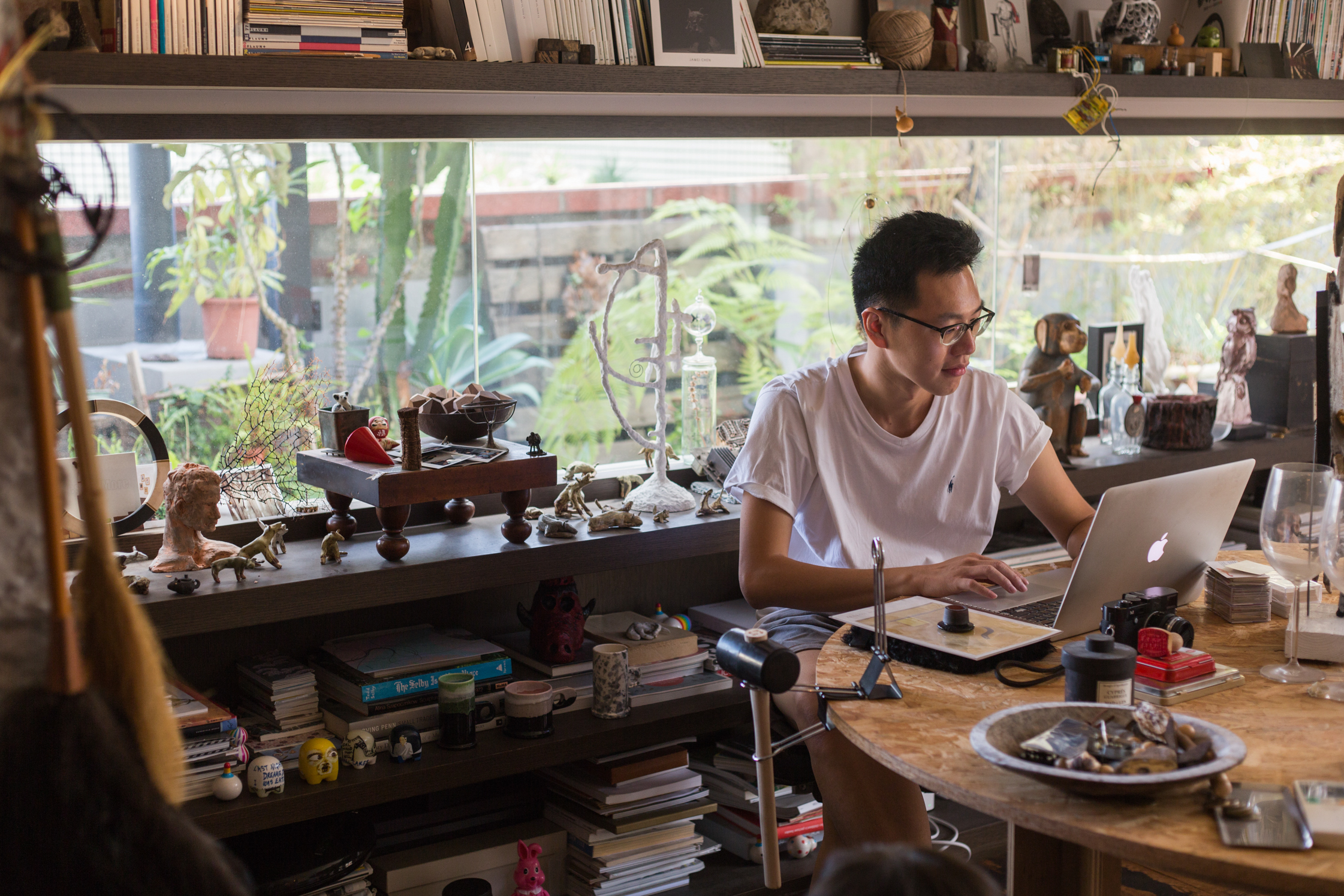
Morito Ebine’s workshop in the Brazilian countryside is Shinji’s latest FvF portrait
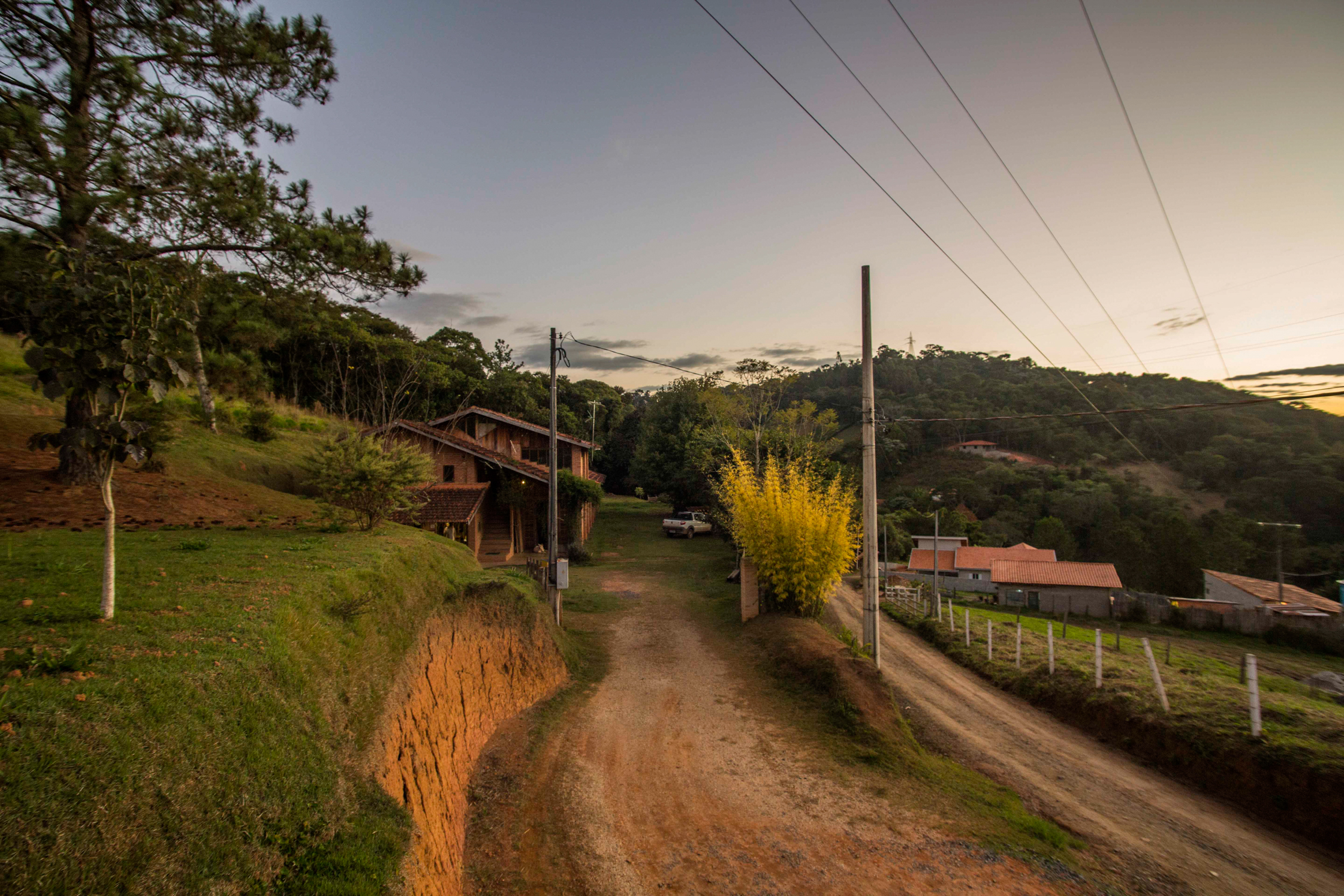
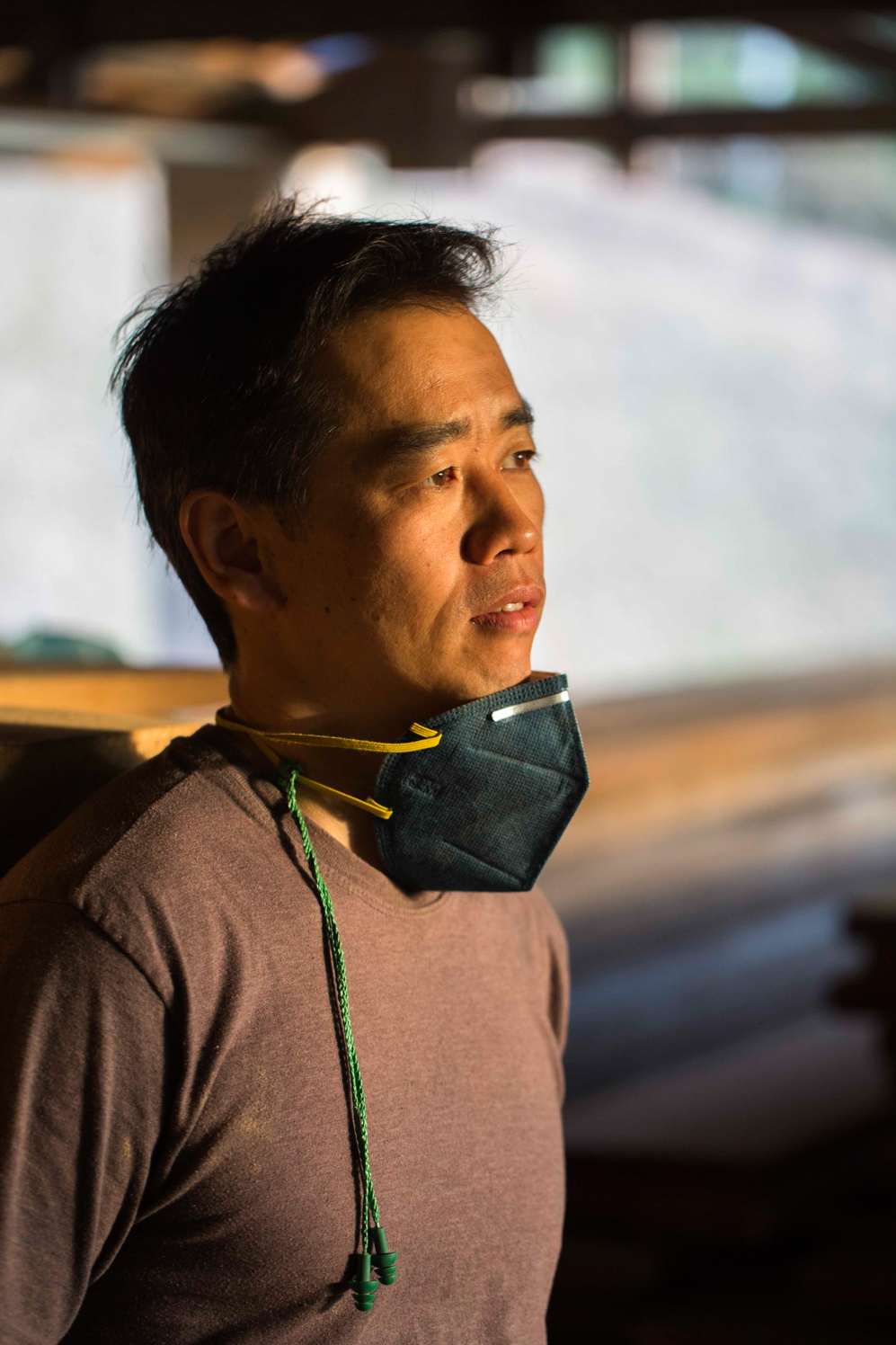
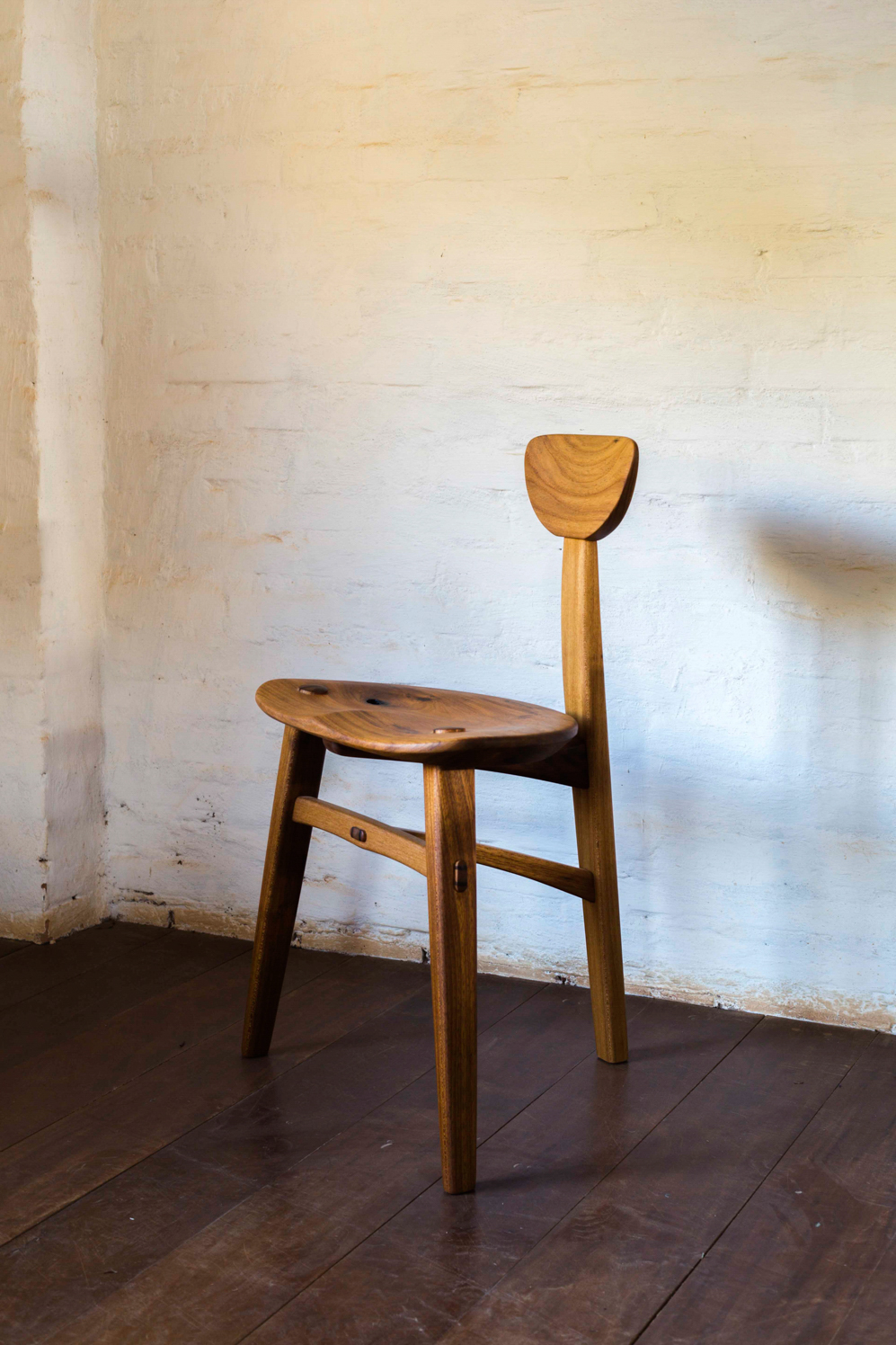
It was a pleasure getting to know you a little bit more Shinji, we at FvF all love your work and are keeping our eyes peeled for what’s in store for you next.
When he’s not shooting for FvF, Shinji is shooting for newspapers like the Süddeutsche Zeitung and can be found on instagram. If his work has piqued your interest and you want to collaborate with Shinji, check out his website to reach him. Also be sure to check out the beautiful photos Shinji took for FvF of fellow Japanese photographer, Mikio Hasui.
Interview: Jonny Tiernan
Text: Kevin Chow
Lead Photo: Robert Rieger
